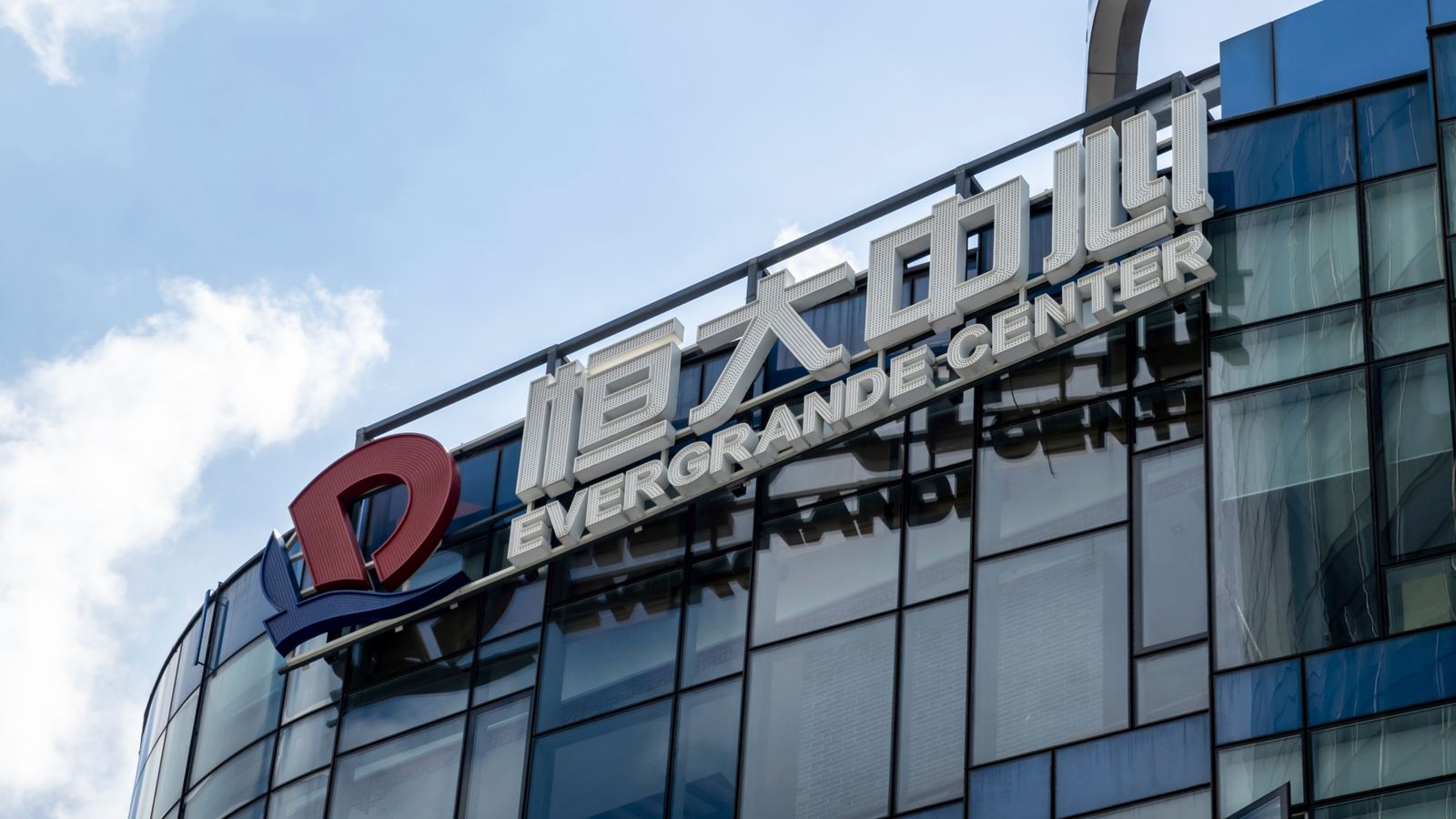A Hong Kong court has ordered the liquidation of China Evergrande, the real estate firm with more than $300bn (£236.1bn) of debts, amid deepening fears for the country’s wider corporate health.
Justice Linda Chan ruled that Evergrande had been unable to offer a concrete restructuring plan to creditors, more than two years after defaulting on a bond repayment and after several court hearings over the lack of a restructuring plan.
“It is time for the court to say enough is enough,” she said, citing the company’s perilous financial position.
Trading of shares in China Evergrande Group, and two subsidiaries, was suspended in Hong Kong following the ruling.
Money latest: London ‘could be turning seven-year tide’ according to housing market report
The company insisted only its Hong Kong-based operations, not those of the wider group, were affected by the decision.
Market analysts said it was unclear how the ruling would play out, given the communist state’s potential for interference.
Beware of ‘exotic beauties’ spy trap, China says, as it warns against leaking state secrets
China landslide kills nine and leaves dozens buried in Yunnan province
China criticises UK and US for congratulating winner of Taiwan election
Hong Kong operates under a legal system that is separate to China, though increasingly influenced by the mainland where challenges are mounting.
A crisis of confidence in China’s vast entities has seen market values tumble to five-year lows.
Please use Chrome browser for a more accessible video player
Total corporate, government and household debt is the equivalent of more than 300% of annual economic output.
A crackdown on debt by the authorities has knocked the ability of firms to borrow, thereby placing even bigger question marks over the future.
Many sectors of China’s economy, including real estate which accounts for a quarter of output, are reeling from the resulting economic slowdown.
Gary Ng, senior economist at Natixis, told the Reuters news agency: “It is not an end but the beginning of the prolonged process of liquidation, which will make Evergrande’s daily operations even harder.
“As most of Evergrande’s assets are in mainland China, there are uncertainties about how the creditors can seize the assets and the repayment rank of offshore bondholders, and situation can be even worse for shareholders.
“Investors will be concerned about whether there will be a snowball effect on other developers as the queue to liquidation is long.”
The vast majority of the Evergrande creditors are domestic and many overseas creditors have already written down or written off the value of their holdings.
Be the first to get Breaking News
Install the Sky News app for free
Nevertheless, how offshore investors are treated in the process ahead is being closely watched.
Also under scrutiny is the treatment of former executives.
A number, including founder Hui Ka Yan, have been arrested amid state inquiries into alleged crimes.
Evergrande chief executive Shawn Siu told Chinese news outlet 21Jingji that the company feels “utmost regret” at the liquidation order.
“The group’s domestic and overseas units are independent legal entities”, he said, adding the company would strive to continue smooth operations and deliver properties to buyers.
“If affected, we will still make every effort to ensure the smooth advancement of risk resolution and asset disposal, and we will still make every effort to advance all work fairly and in accordance with the law,” he added.








